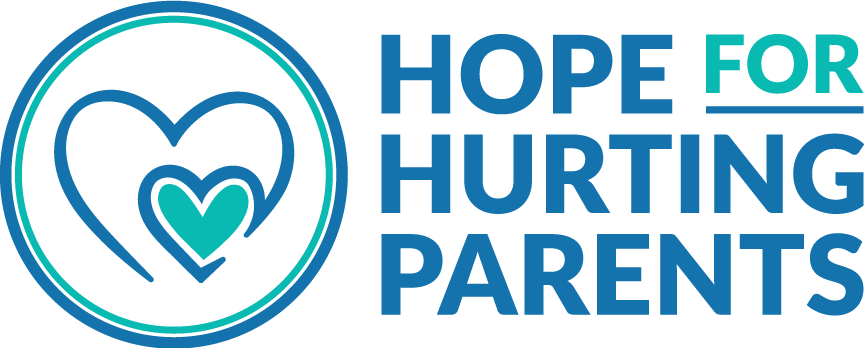
photo cred. priscilla dupreez on unsplash
May is Mental Health Awareness month. Today’s post is designed to draw attention to mental illness and offer help to bewldered parents. Brain disorders are not the result of personal weakness, lack of character, or poor upbringing. They are medical conditions that men, women, and sometimes children, have no control over, like diabetes or cancer. These disorders diminish one’s ability to function and cope with the usual demands of life. The result is a huge ripple effect on family members and society in general. Compassion, understanding, and support are needed in abundance.
“You’ll get over it.” “Snap out of it.” “Why are you so upset? This isn’t a big deal.” “Stop whining, your life isn’t that bad.” “If you just ___________, then you’ll feel better.” “Quit complaining. When I was your age I never ___________.” “Why are you being so difficult and lazy?”
Have you said any of these to your troubled son or daughter before you knew they had a mental illness?
You aren’t a bad parent because you did. You didn’t know any better. You operated out of ignorance.
I did too.
Then you discovered there was an explanation behind your child’s behaviors: mental illness, a brain disorder; some say a mental affliction or a mental health condition.
Does your son or daughter suffer from a mental health condition: major depression, bipolar disorder, anxiety, PTSD, ADD, schizophrenia, schizo-affective disorder, borderline personality disorder (BPD), or some other mental health issue? Do you struggle to know what to say to them on their rough days? Most parents do.
Unprepared, we blow it many times. I sure did. How could we know that we needed to do things differently? We never expected our son or daughter had a mental health cndition. We did the best we could, but sadly, sometimes we wounded our beloved children.
I didn’t realize my daughter’s depression was more than a case of the blues. She wasn’t moody for no reason – a common behavior for teens. She wasn’t lazy or intentionally uncooperative. There was a physiological explanation, but I was in the dark. I had no idea what was going on. How could I not say all the wrong things? I felt terrible about how I reacted for a long time. That didn’t help either. Eventually, I needed to forgive myself.
A Good Goal
As parents of children living with mental illness here’s a good goal:

photo cred. google images
Avoid using belittling or dismissive language.
- “Snap out of it and stop crying.”
- “Stop whining, your life isn’t that bad.”
- “Just ___________ and you’ll feel better.”
- “Quit complaining. When I was your age I never ___________.”
- “Why are you being so difficult and lazy?”
When we talk to our children in a dismissive way, we send a message we never intended: “Your feelings don’t matter.”
If we continue to belittle or dismiss our children’s feelings, they’ll shut down. They’ll quit talking to us, then we’ll never know about their struggles. When they repress their emotions, bigger problems develop: self-injury (including eating disorders), self-medication with alcohol or drugs, pornography, or something else.
Instead, we could ma statements like these:
- “I’m so sorry you’re having a rough day.”
- “I see you’re struggling. Please tell me about that.”
- “I have time to listen if you want to talk about what your feeling.” (don’t try to fix them)
- “Is there anything I can do to help?”
- “I’ll be available for you if you need me.”
- “I want you to know you’re not alone. I’m always here for you.” (Be sure and use I statements.)
A Practical Tip
Here’s a practical tip recommended by NAMI, The National Alliance on Mental Illness (nami.org):
Plan ahead and listen well.

photo cred. pixabay
What would you be comfortable saying to your child when you’re likely to make a dismissive comment? What feels natural? Get comfortable speaking those statements out loud. You might want to choose from the list above. Practice using them. Try to memorize a few. Write them down or save them as a note in your phone where you can refer to them quickly and easily when needed.
Remember, you’re not your child’s counselor. Don’t try to be. But you could meet with their counselor to ask them for ideas on how to improve communication. That’s not a violation of their privacy. The counselor’s insights would be worth every penny. With a little help you can be an understanding, approachable, nonjudgmental parent. I promise you, this will make a huge difference in your relationship.
We Need This
Please don’t be too hard on yourself. No parent is perfect. If you realize you’ve messed up – or when you mess up – admit your mistake, ask your child to forgive you and ask God too, then forgive yourself and move on. Oh, how we need this. We’re brutal on ourselves. Earlier, I said you weren’t your child’s counselor. You’re not their friend, either. What they need is for you to be a supportive, loving parent.
Laying a Foundation
The way we respond to our child’s mental health challenges today lays a foundation for the kind of relationship we’ll have with them in the future.
Remember this: Our words matter. What we say has the power to wound, but also to heal. Today is a new day. There’s hope for all of us to learn and grow and improve.
Resources
It’s Okay Not to be Okay by Shiela Walsh
Among Lions:Fighting for Faith and Finding Your Rest While Parenting a Child with Mental Illness by Kirsten Panachyda
The National Alliance on Mental Illness www.nami.org
NAMI’s FREE Family to Family 8 session educational program. In-person and online.
***What have you said or done that helped your child who has a mental illness?
***Please share in comments.

0 Comments